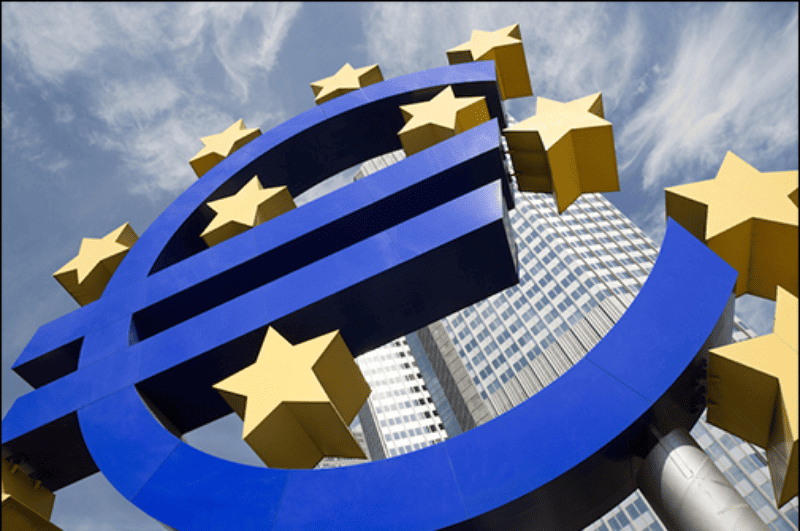TRENDS: EUROPEAN BANKING

Upcoming stress tests for Europe’s 124 largest banks will have more credibility than they had previously, but some analysts argue that banks may need far more capital than regulators demand to withstand a crisis. And any hoped-for international standardization in terms of stress testing is out the window as there is little comparability between the upcoming European and recently completed US bank tests.
The test scenario released in late April by the European Central Bank, which will oversee the tests for the first time as the EU’s banks come under its supervision next fall, will involve an adverse scenario in which regional GDP falls by as much as 1.5% and the equity markets by as much as 19% during any of the next three years. Those are more severe conditions than those used during the previous round of stress tests in 2011. But some critics contend the tests aren’t as stringent as those the Federal Reserve administered to US banks earlier this year. Under the “severely” adverse scenario used by the Fed, real GDP was projected to fall by 4.75% and equity markets were projected to drop by as much as 50% during a three-year period.
LITTLE COMPARISON TO US BANK TESTS
It’s hard to compare the tests, however, because the two regimes define capital differently. Whereas the Fed requires banks to hold a minimum of 5% of so-called Tier 1 common equity during its severely adverse scenario, that capital can include a certain amount of intangible assets—such as mortgage servicing rights and deferred tax assets. For its part, the ECB will allow European banks to include hybrid instruments such as convertible bonds in Tier 1 common equity if their capital falls below the required 5.5% minimum under its adverse scenario.
In any case, the greater severity of the new tests and the fact that the ECB is overseeing them means that the results are likely to have “significantly more credibility” than the previous round, notes David Moss, director of European equities at F&C Asset Management in London. He adds that having the ECB oversight means “there are more checks and balances around it.”
Many banks will likely have to raise more capital, the analyst notes. The ECB said in a press release about the stress tests that banks would have six to nine months to make up any shortfall after the results are published—most likely in late October.
The bank needing the most new capital in the event of a crisis is likely to be France’s Crédit Agricole. An analysis of European bank capital by Viral Acharya, economics professor at New York University who serves as an adviser to the European Systemic Risk Board, and Sascha Steffen, associate professor at Berlin’s ESMT European School of Management and Technology, in May found that Crédit Agricole needed an additional €81.5 billion ($113 billion) in equity, more than any other of the 124 largest European banks, though that was based on a stricter definition of capital and a more severe stress scenario than what the ECB will use.
The analysts also noted that the new tests may still not fully address issues of liquidity, such as that posed by banks’ holdings of sovereign debt. The tests include sovereign bonds for the first time, but their potential losses under the test scenarios may not lead to additional capital requirements, observes Steffen. That’s because of the flexibility of the ECB’s definition of Tier 1 common equity and the timing of any potential losses.
Those assets are the most highly correlated to the circumstances the tests are supposed to simulate. Yet because governments encourage the banks to hold their bonds the tests pose something of “a circular argument,” Moss points out. In other words, the stress tests may leave out the greatest source of banks’ stress, at least in the short term.
Acharya and two co-authors wrote in a piece on the VoxEU website in March: “The inadequacy of risk-weighted assets” such as sovereign debt helps produce “an inadequate ranking of the required capitalization of banks in stress tests.” That criticism applies to the Fed’s stress tests as well.



